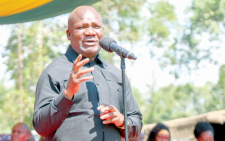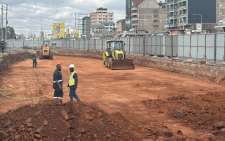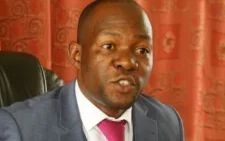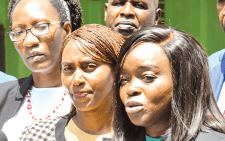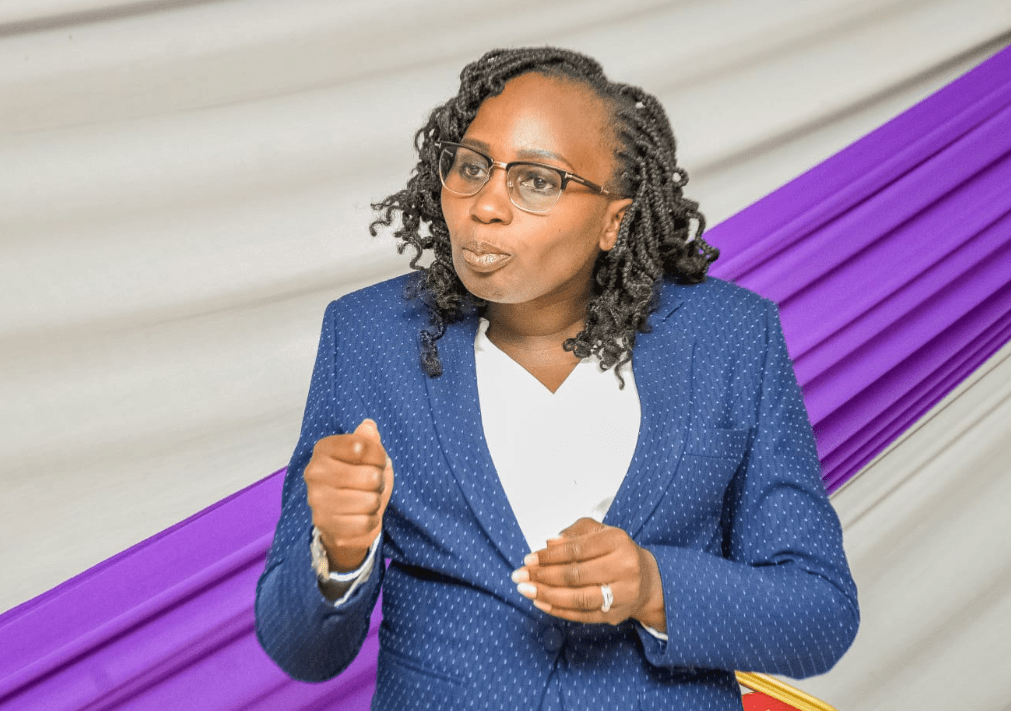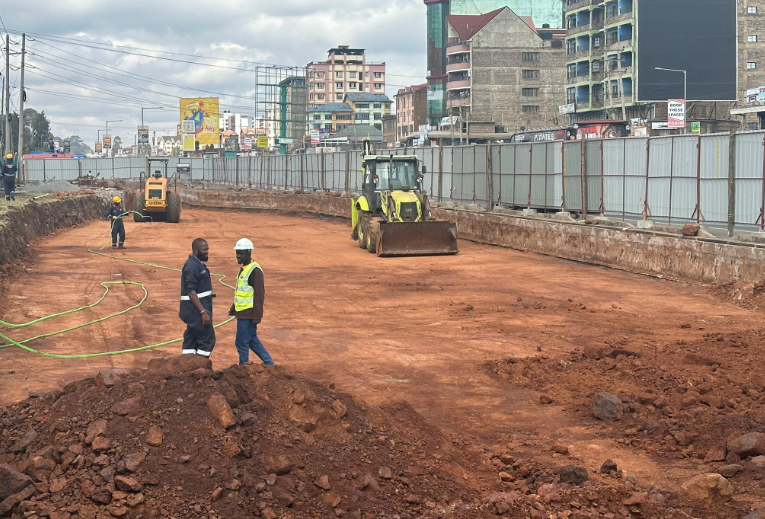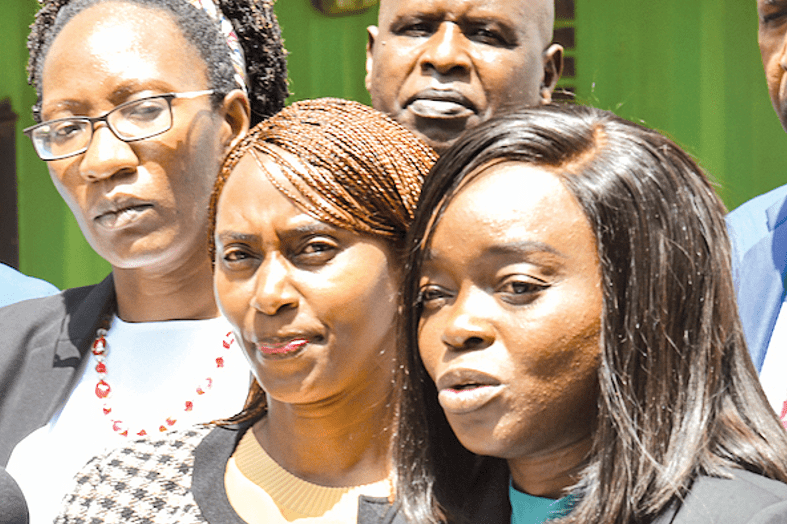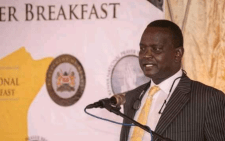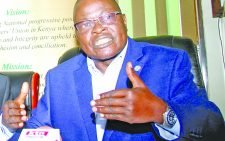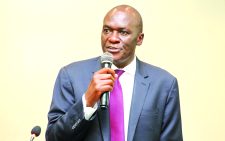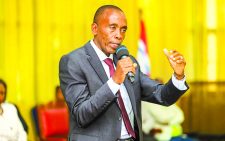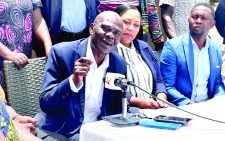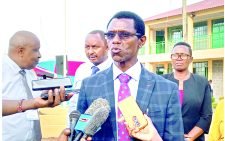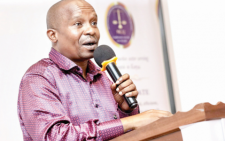A nominated senator wants Parliament Buildings urgently redesigned to become more friendly to people with disabilities (PWDs).
After anti-tax protesters invaded the House complex in June, nominated Senator Crystal Asige (ODM) said legislators with disabilities were most at risk given that the structures are not designed to accommodate them.
The senator, who has visual impairment, called for the adoption of universal design principles in the construction and renovation of public buildings with the welfare of people with disabilities in mind.
Redesigning Parliament Buildings, she said, will help increase participation in leadership roles and representation of people with various physical impairments.
“We must… provide access to support services such as personal assistants, accessible transport and assistive devices to ensure the full participation of persons with disabilities,” she said.
Accessibility, she insisted, should not be an afterthought but a priority.
“I hope that the June 25 events highlighted the vital need for accessibility in the built environment, including Parliament,” she said.
“Universal design should be a must-have, not a nice-to-have. Parliament Buildings and other public institutions should undergo regular accessibility audits to identify and rectify barriers.”
The overall representation of (PWDs) in appointive and elective positions is far below the five per cent target provided for in Article 54(2) of the Constitution.
“While this provision underscores the country’s commitment to inclusion, the reality on the ground is riddled with rights violations of persons with disabilities from healthcare to education, employment to inclusive mobility and social welfare to security,” Asige lamented.
“The representation of PWDs in various sectors remains low, which ultimately feeds into the discrimination because as they say, ‘out of sight, out of mind’.”
Under-representation in political parties, she said, is one of the biggest challenges PWDs face, limiting their participation in leadership roles and their influence on party policies and decision-making processes.
Another challenge is voting access at many polling stations, particularly for those with sensory-end mobility impairments. This includes gruelling transport terrains to polling stations, a lack of ramps, inaccessible voting booths, no voting materials in accessible formats like Braille, no sign language interpreters and more.
“If you do manage to get into Parliament despite all this, the infrastructure of government buildings, lacks adequate accommodations for Parliamentarians with disabilities, making it difficult for us to participate meaningfully on an equal basis with other Parliamentarians,” she explained.
Facing the electorate during campaign rallies, she added, is one of the most difficult parts of political participation, especially for women with disabilities, who report visceral discrimination, cyberbullying, physical insults and gender-based violence in a society conditioned to believe that people with disabilities have no value.
She calls for financial support or subsidies to be provided to PWDs running for office, including reduced fees and access to public funding, saying most PWDs often face economic disadvantages that make it difficult for them to compete with non-disabled candidates.
Citing the recent Cabinet appointments made by President William Ruto, she expressed disappointment that no PWD was nominated.
PWDs, she lamented, are largely overlooked in senior government appointments despite comprising 2.2 per cent of the country’s 47 million people.
Asige urged President Ruto to appoint a PWD to the vacant position of Cabinet Secretary for Gender, Culture, Arts and Heritage.
“Never in our history has Kenya had a Cabinet Secretary with a disability. This vacancy presents an opportunity to correct the historical exclusion of this demographic from such significant roles,” said Asige.
The senator is a visually impaired disability rights advocate and a supporter of Valuable 500, a global organisation collaborating with member companies like Google, Apple, and Kenya Airways to eliminate disability exclusion. These companies are making significant strides in creating more inclusive workplaces and services for PWDs.
Other areas that Asige said need improvement to enhance the welfare of PWDs is increasing access to inclusive education by providing adequate resources, trained teachers, and accessible learning materials for learners with disabilities.




